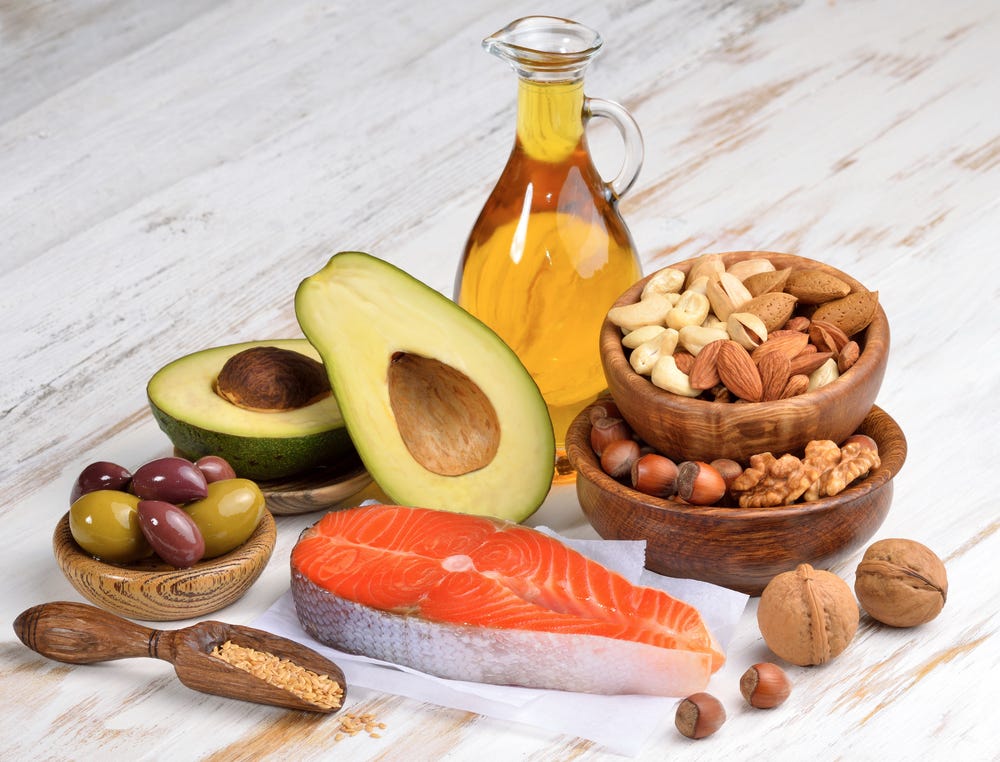Osteoarthritis is one of the most common reasons behind your knee pain. It is known to damages cartilage, the tissue which acts as a cushion at the ends of bones. And if not treated timely, it can lead to significant disability. Here are listed some essential diet tips which when followed will help you treating the problem from roots. Read on.

Do you know osteoarthritis is more common among women?
Yes, while it is said to develop usually between age 40 and 60, it can be too severe, leading to knee and hip replacement surgeries. Often weight-bearing joints like the knees, hips, spine, feet and back, are said to be highly affected ones. But, neck and joints in the fingers and hands can also be the areas of pain.
As far as the symptoms are considered, this often develops slowly and tends to worse over the period of time. Osteoarthritis brings forth symptoms such as joint stiffness (especially after waking up in the morning), loss of flexibility, joints feeling tender to the touch, joint pain during or after movement, grating sensation in the joints when they are flexed, and so on.
Fortunately, there are some simple and easy-to-follow diet- changes which can seriously help you manage the symptoms and lead a pain-free life. Explore them here;
5 Essential Diet Tips for Osteoarthritis:
1. Say Hello To Good Fats!

[Read: Get The Best Diet for Younger Looking Skin]
Do you know the source of fat in your diet makes a big difference in the severity joint pain symptoms? Hence, it is recommended to increase monounsaturated and omega-3 polyunsaturated fats, and limit saturated fats. Studies have proved that omega-3 fatty acids treat aching joints significantly, in a similar manner as non-steroidal anti-inflammatory drugs (NSAIDS) would do. You can raise the consumption of food items such as fatty fish like salmon and sardines, and chia seeds and walnuts.
2. Spices and Herbs To Help!

In researches, it has been found that there are a number of fresh and dried herbs (and spices) help in treating the problem. Cinnamon, ginger, and turmeric, are among the ones best known for their medicinal properties and flavor. As far as herbs are considered, if you feel it difficult to incorporate them in daily routine, you can switch to an easy option of having natural supplements. You will easily get them in various forms, for example, Jod Rakshak. It is a perfect blend of herbs like Shudhguggul, Shilajit and Ashwagndha. While it will help regain the lost joint mobility, on the other hand it will minimize inflammation and joint pain.
3. Add Fruits And Vegetables!

Reason is simple; it will add more of antioxidants. Fruits and vegetables are essential for more than good basic nutrition. While these carry naturally occurring vitamin E, beta-carotene, and vitamin C, these are said to be helpful in decreasing the progression of osteoarthritis. In particular, Vitamin C, help decrease cartilage loss characteristic. So, you must increase the consumption of citrus fruits such as oranges, strawberries, cantaloupe, kiwi, and grapefruit.
4. More of Milk!

[Read: Some Weight Loss Tips for the Beginners]
It will benefit far beyond osteoporosis prevention. The disease progression reduces significantly as the milk consumption is increased.
5. Right Cooking Method!

You need to be mindful of your cooking methods. Knowing healthful eating is not sufficient for treating osteoarthritis. You should also know how to prepare food correctly. If you have been using high heat levels or methods such as deep frying or char broiling, you need to switch to healthier cooking options. Actually, these methods decrease the antioxidant content of foods, leading to rise of pro-oxidant compounds such as heterocyclic amines (HCAs) and advanced glycation endpoints (AGEs). Hence, go for lower-heat cooking ways such as steaming, braising, baking, and grilling.
Besides these diet tips, it is must to keep your weight in check. Surely, the above stated diet changes will automatically help you maintain a healthy weight. But even then you feel that you need to shed those extra pounds, it is must to incorporate exercises to achieve the same. Stay fit, stay healthy!
Frequently Asked Questions:
What diet is best for osteoarthritis?
Oily fish
Oils
Dairy
Dark leafy greens
Broccoli
Green tea
Garlic
Nuts
How do you stop osteoarthritis from progressing?
Maintain a Healthy Weight
Control Blood Sugar
Get Physical
Protect Joints
Choose a Healthy Lifestyle
What is the best vitamin for arthritis?
Curcumin
Vitamin D
Omega-3 fatty acids
Glucosamine and chondroitin sulfate
Are bananas bad for arthritis?
Bananas are not a typical choice for people with arthritis, but the antioxidant and anti-inflammatory properties in them may aid in protecting the body against certain oxidative stress.
Is coffee bad for arthritis?
The link between coffee and increased risk of rheumatoid arthritis (RA) and osteoporosis is debatable. Some studies say coffee increases the risk, while others do not. Tips: In general, the best rule of thumb is to drink coffee in moderation – no more than one or two cups of coffee a day.
Are eggs bad for arthritis?
Consuming eggs regularly can lead to an increased amount of swelling and joint pain. The yolks contain arachidonic acid, which helps trigger inflammation in the body. Eggs also contain saturated fat which can also induce joint pain.
Does walking worsen osteoarthritis?
On the one hand you have osteoarthritis of the back and hips, and power walking on hard surfaces is likely to aggravate it. On the other hand you have early osteoporosis, and weight bearing exercise is recommended to delay further bone loss.
What is end stage osteoarthritis?
Eventually, at the end stage of arthritis, the articular cartilage wears away completely and bone on bone contact occurs. The vast majority of people diagnosed have osteoarthritis and in most cases the cause of their condition cannot be identified. One or more joints may be affected.
Can anything stop osteoarthritis?
There’s no cure for osteoarthritis, but there is a lot you can do to slow its progression, reduce pain, and maintain or improve function. Losing weight can be particularly helpful if you’re overweight or obese.
Does Vitamin D Help Arthritis?
Upping your vitamin D intake has been shown to help with symptoms of rheumatoid arthritis. Vitamin D helps the body absorb calcium, which is essential for building strong bones. Too little of this vital nutrient can lead to having thin, soft and brittle bones, known as osteomalacia in adults and rickets in children.